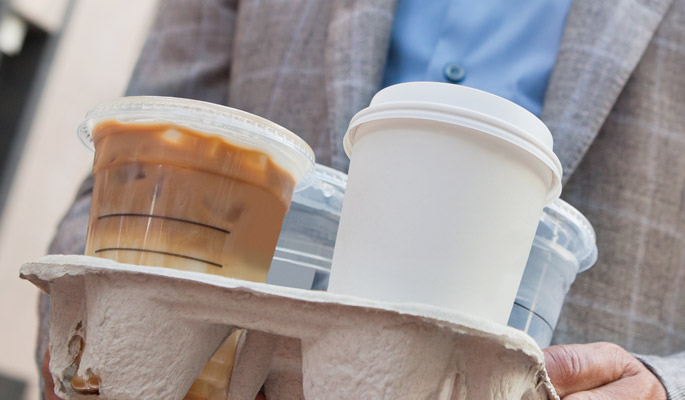
On January 29, 2015, the National Resources Defence Council (NRDC) published its latest report, “Waste and Opportunity 2015: Environmental Progress and Challenges in Food, Beverage, and Consumer Goods Packaging.” Naturally, this report summarized an in-depth investigation of power players within the food service industry. Specifically, quick service restaurants and bottled beverage distributors and the corporate social responsibility undertaken by them, in terms of sustainability.
To determine the ratings for food brands with sustainable packaging, the NRDC analyzed publicly available information and visited restaurants (if applicable). Each company was then given a rating in terms of materials use, recyclability or composability, recycling content, and materials recycling or composting. These results were then compared against those of other industry competitors to determine where each company stood.
With their broad use of paper, the most popularly recycled material in the United States, and sparse use of PET plastics and polypropylene, there were two clear leaders within the quick service restaurant sector. First-place winner, Starbucks, was commended for their push for recyclable products and their achievement of its correlated in-house recycling goals. Runner up, McDonald’s, was also applauded for having phased out styrofoam cups and decreased its packaging.
The leaders in the beverage industry, likewise, were commended on the recycled content used in their packaging as well as their achievement of recycling goals. They were also recognized as having put consideration into EPR legislation. These leaders, from first to fourth place, included New Belgium Brewing, Coca-Cola, Nestlé Waters NA, and PepsiCo.
Dr Pepper Snapple Group, Diageo, and Anheuser-Busch trailed behind making up the “needs improvement” portion of the tier. For the restaurants, this section also included Dunkin’ Brands, Subway, Chick-fil-A, Chipotle, Panera Bread, and Yum! Brands.
Arby’s, Quizno’s, Burger King, Wendy’s, Jack in the Box, Dairy Queen, Domino’s Pizza, and Papa John’s Pizza came in last, due to leaving the issue of sustainability largely unaddressed. A similar fate met Heineken, MillerCoors, Boston Beer, and Red Bull.
The NRDC hopes that industry leaders appreciate the accolades and take this analysis as a guideline for further improvement. Meanwhile, the Council hopes that corporations who ranked poor take this study as a call to action and that subsequent competition leads to increased sustainable packaging and plastics for the food and beverage industry, as a whole.











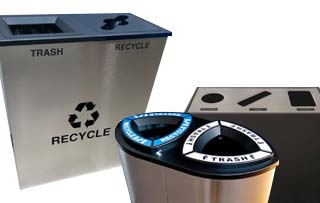









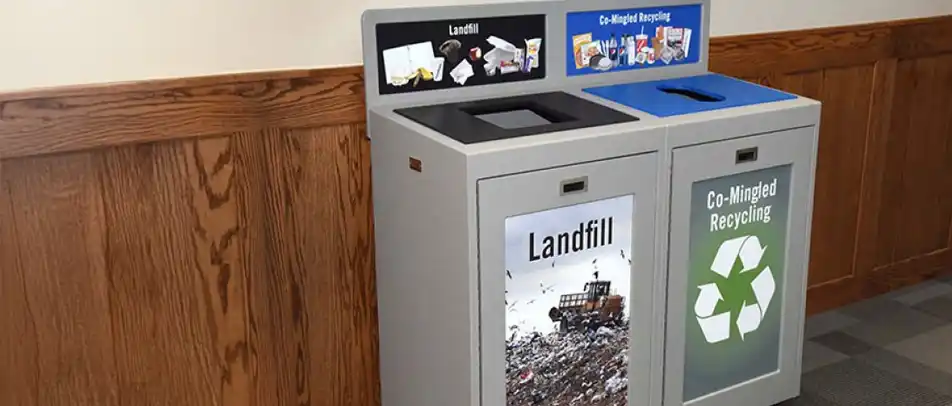










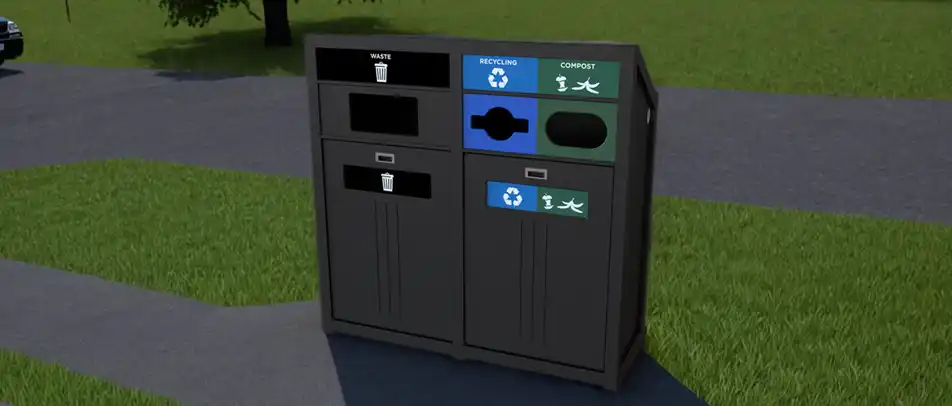












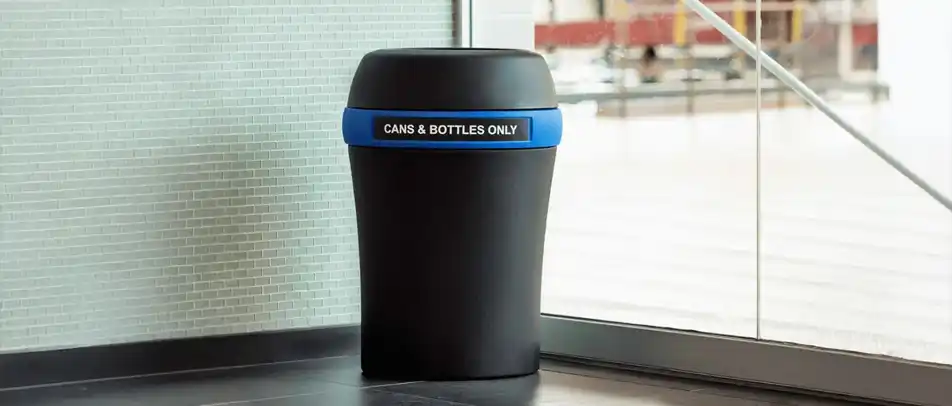










































 Three Ways to Engage Teams and Clients to Maximize Your Recycling Program Engagement
Three Ways to Engage Teams and Clients to Maximize Your Recycling Program Engagement  How to Integrate Accessibility Into Your Sustainability Planning
How to Integrate Accessibility Into Your Sustainability Planning  Why Park Benches Can Promote Workplace Well-Being
Why Park Benches Can Promote Workplace Well-Being 
